Many times when we think of Civil Rights leaders and activists in class or speak about them in public, we hear the name Martin Luther King Jr.. Many other dedicated activists become forgotten. One of which is Fannie Lou Hamer, a grassroots organizer in Mississippi. She was born on October 6, 1919 in rural Mississippi to a family of sharecroppers.
Hamer began her own activism due to a variety of her own experiences. She attended several of the Regional Council of Negro Leadership conferences, meeting civil rights leaders such as Thurgood Marshall, which inspired her. In 1961, a white doctor sterilized Hamer without her consent or knowledge in order to decrease the amount of impoverished African Americans in Mississippi. Hamer, along with other activists were beaten by police men in the Montgomery County Jail after helping blacks register to vote alongside the Student Nonviolent Coordinating Committee in 1963, sustaining serious injuries. Not one of these instances deterred Hamer from discontinuing her life of activism, they rather pushed her to keep the fight for black liberation.
Hamer became a leader for the Mississippi Freedom Summer campaign in 1964. As a part of SNCC, she worked to bring masses of volunteers from all over the country to assist black Mississippians in registering to vote. Not long after, Hamer co-founded the Mississippi Freedom Democratic Party, due to the barring of African Americans from Mississippi’s Democratic party. Hamer and other MFDP leaders argued that the MFDP should be the official delegation from Mississippi to the National Democratic Convention, where Hamer delivered a speech about the extreme oppression blacks in Mississippi lived through every day. Her speech was seen on television screens across the country, despite the efforts of President Lyndon Johnson to stop the speech from being aired on three networks by holding an emergency presidential press conference. Her work, along with the rest of the MFDP leaders, eventually led to reform in the national Democratic Party conventions, and in 1968 it became required to have equal representation in state delegations.
Hamer continued her work for voting rights and equality throughout the rest of her life. She ran for Congress twice, unsuccessfully, in 1964 and 1965, and also became a part of the Mississippi delegation to the National Democratic Party Convention in 1968. Hamer died at the age of 59 of cancer. After her passing, she was laid to rest at the Freedom Farms Cooperative, an organization for poor farmers that she helped establish. Hamer was instrumental and inspiration during the Civil Rights movement, and her contributions to society will never be forgotten.
source: http://www.blackpast.org/aah/hamer-fannie-lou-1917-1977

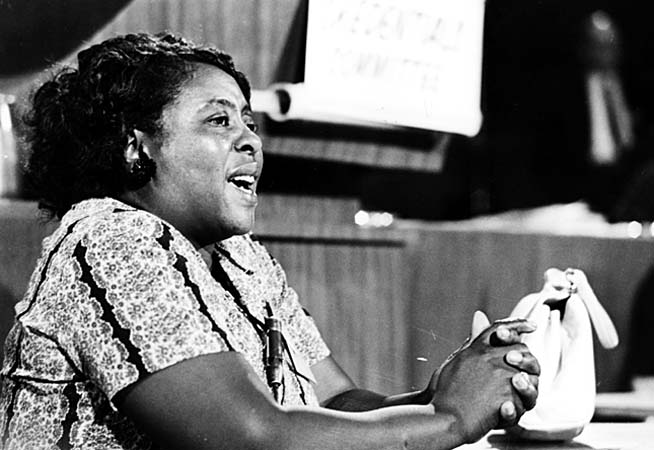





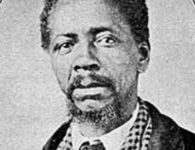



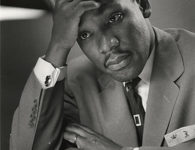

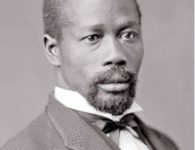

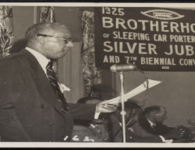
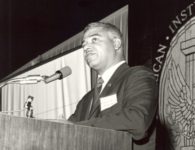




No comments